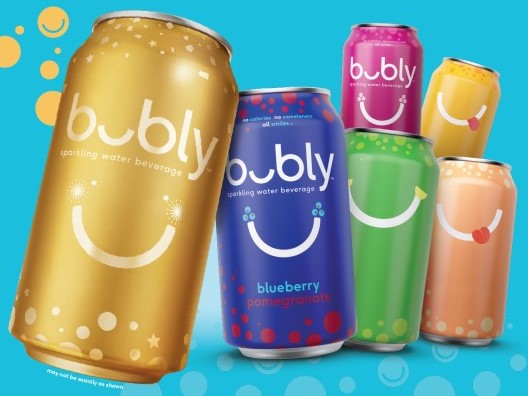The pandemic has created a number of changes in the way consumers shops and what they deem important, due to a mix of local policies and personal safety precautions.
But new research suggests that consumers may not be so eager to rush back to the way things were, even if it were safe to do so.
The report was compiled by experiential agency Momentum based on research done using mPulse, its consumer research panel. The research polled 1,600 people in eight markets, including Canada.
Only 16% of respondents said they would immediately go back to stores and public spaces if the pandemic were to end right away and if businesses were completely open. Furthermore, 64% believe stores are going to change for the better once the pandemic is all said and done (whenever that might be).
In terms of specific habits, 61% of consumers plan to do more cooking at home and 60% plan to eat healthier, habits they’ve picked up during the pandemic. In addition, 43% say they plan to visit fewer bars, concerts, movies and sporting events, with 40% planning to visit restaurants less, even once the pandemic is over.
A lot of research has explored how likely consumers are to maintain pandemic behaviours, with grocery delivery chief among them. However, according to Momentum’s survey, 59% of those who used grocery delivery prior to the pandemic expect to continue doing so after it is done – compared to 12% of those who signed up for the first time after the pandemic began. However, there is still some untapped interest in delivery, which has been a major area of investment for retailers in recent years: one-fifth of respondents who have still not tried grocery delivery are open to doing so.
Embracing these new habits doesn’t mean consumers aren’t missing some parts of the way things used to be. Leading the pack were the 75% who miss fashion stores, followed by 74% who miss grocery stores, 66% who miss home goods stores and 61% who miss electronics stores – despite the fact that some of these stores have remained open during the pandemic, as some consumers may have avoided them or not gone as often as they once did.
But the shopping experience is what customers miss more than anything, more so than particular retailers. This is especially true for the social elements of shopping: 83% miss the chance to spend more time with friends and family, while 79% miss being able to handle products, 77% miss casually browsing and 77% miss deal-hunting.
Some places, namely essential business like grocery stores and public spaces like parks, will be easier for consumers to return to. Roughly three-quarters of Canadians feel comfortable going to grocery stores and parks, followed by 68% who think it will be easy to go to home improvement stores, 56% to shopping malls and 49% to hotels.
Price is going to be on consumers’ mind for some time, with nearly all respondents looking to take better advantage of promotions and sales, and 78% saying they are depending on these things to save money.
This is leading to renewed strength in private label. While 71% of consumers said their preference is for name brands, 65% said they have bought more private label since the beginning of the pandemic, with 85% agreeing they are satisfied with the less-expensive brands they have bought. Despite that, 78% say they will seek out name brands once the pandemic is over, and 76% believe that doing so will be “easy,” but the report points out that brands will need to work in order to secure their preferred status, and that needs to be done through methods other than emphasizing quality. More than half of respondents said brand trust was the biggest reason for choosing a name brand, followed by 42% who said it was because of product quality.
Only 32% cited helping during the pandemic as reason for choosing a name brand over private label. More broadly, 87% of consumers says that companies who helped during the pandemic has improved their perception of the brand, with 82% saying they sought out brands that provided support. However, 78% said it was difficult to remember specific brands that tried to help during the pandemic, due to the volume of messaging, and 64% feel that companies are flooding them with “empty promises.”
























